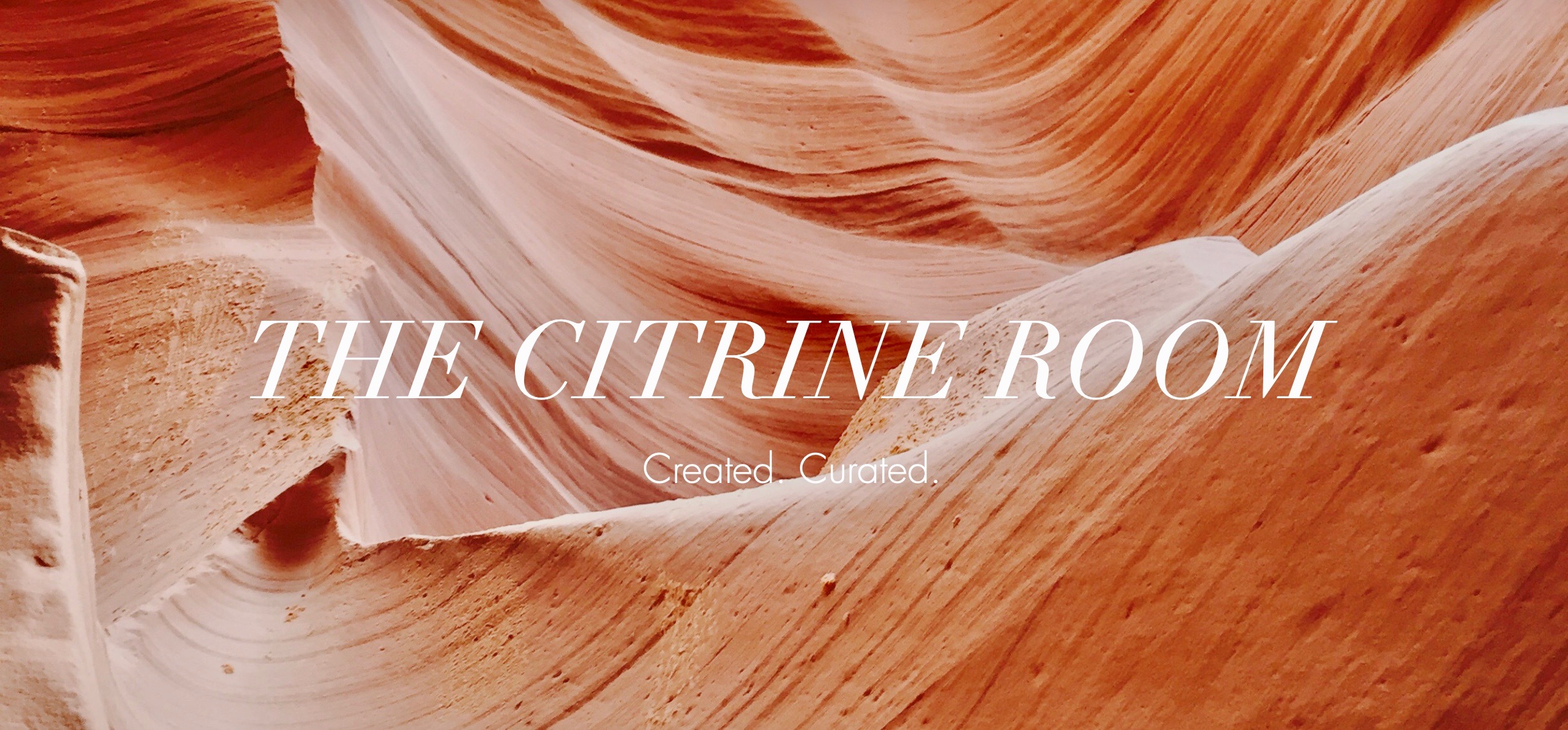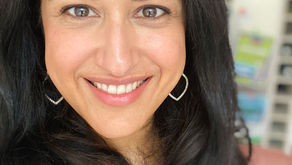Health Matters
- MR

- Oct 30, 2020
- 7 min read
2020 will go down in history as the year the world was forced to stop. Literally. It will also be the year when we, hopefully, recognised the importance of our health; not as a matter of vanity but a matter of life & death.
Self isolation gives one a lot of time to think. Then again, this is a subject I've been thinking about for many years: health. For each of us it's personal. Our health. Perhaps today we are that much more aware of the importance of our health, what is going on inside us, than ever before. And while today, we are fighting a war against an enemy that has no face, that doesn’t discriminate, and will attack at will, undetected, there is something we can do. There are two armies that will save us: one before we get sick and the one that is there for us after.
As governments around the world try to figure out their defence plan, some putting entire countries on lockdown, the responsibility comes down to us, the onus has been placed on us to keep ourselves and others safe. And this is where we realise that the way we have been living up to this point will determine how strong our own defences will be. For many of us, our internal army, our immune system has always been there for us, working tirelessly to keep us healthy and safe. Those antibodies using everything they have at their disposal to “identify and neutralise foreign objects such as bacteria and viruses.” Even when we are ill with a virus, it isn’t the medicines that will save us, it is us. Medicines will help with the symptoms. It is our immune system that does the work to repair and rebuild. Vaccines are there to help those antibodies become familiar with that particular fight, that's when they develop their battle plan. But it is our own immune system that is on the front lines. The stronger we are on the inside, the better position we are in to win this war.
Unfortunately, how we live every day, so much of what we do, is a band-aid solution. The world, the way it has been, hasn't put much emphasis on our health and well-being despite calls from many to change the way we see productivity and profits. There are some encouraging instagram posts where there are thousands of fitness, diet, and wellness pages. To be fair, there are people working very hard to try to make us all understand how important our health is, how if we work with our natural systems we can build strength and vitality. My dear friend Juliana works tirelessly to help educate us on clean living. But she can only do so much. The demands of life as it is now just won't let us listen. The constant need to produce, create, deliver is overwhelming. Companies and businesses expect us to be healthy and fit for work yet the expectations to give them everything means that everything else is ignored—family, friends, hobbies, and yes our health. We are under so much pressure to work within an outdated system that that level of stress and guilt has a severe impact on our immunity. Even the option of flexible work is met with such resistance. Anna Whitehouse, founder of Flex Appeal, said in an interview with The Telegraph last Fall: "If we want to get the best out of each individual...we need a fundamental shift in the way we all work...Why have we accepted a system that was built in the Industrial Revolution? It’s out of date." The pressures to meet expectations, to 'be someone', and especially to keep our income, mean we will put our needs, our immune system, to the side. Our antibodies getting overworked and exhausted just trying to keep us going. In an eye-opening article in The Atlantic five years ago, Gillian B. White writes, citing a research paper from Harvard and Stanford Business Schools, "... health problems stemming from job stress, like hypertension, cardiovascular disease, and decreased mental health, can lead to fatal conditions that wind up killing about 120,000 people each year—making work-related stressors and the maladies they cause, more deadly than diabetes, Alzheimer’s, or influenza." Arianna Huffington wrote recently about coronavirus saying, "we need to expand the conversation to make room for a crucial aspect of health that has received very little attention: one of the best things we can do to protect ourselves is to proactively strengthen our immune system." Huffington's journey to wellness began with a rude awakening to what work stress was doing to her. It would lead her to completely revamp her purpose which is to now to encourage us, corporations, governments on the benefits of sleep, meditation, wellness, and to change the definition of success, to take our lives seriously. She said in an interview, "...seven years ago I collapsed from exhaustion, burnout and sleep deprivation. I broke my cheekbone on the way down and got four stitches on my right eye. It started me on this journey of asking myself the big questions that we stop asking ourselves when we leave college: “What is a good life? What is success?” When I looked around at colleagues, friends and the world at large, [I realized] that we had shrunk the definition of success down to two metrics: money and power. We had left out what I now call the third metric, which includes our well-being, our wisdom, our capacity to wonder and bring joy into our lives, and our capacity to give." All of which have a direct impact on our health, our ability to fight the good fight. The fight for our lives.
For me this fight was and is personal. After close to a decade working unhealthy overnight shifts, I developed illnesses that just didn't make sense. From a tumour to kidney stones, alopecia and countless flus and colds, not to mention a severe strain on my mental health, I finally realised that my shift and the stress of not being able to say 'no more' were stripping away at my life. When it finally dawned on me that my life was in my hands, and that the bragging rights of having my own shows, or working at a big network, and even the very real reality of needing a paycheque to pay my bills didn't come close to meaning anything if I didn't have my health, my perspective changed. It dawned on me as I lay on hospital beds wondering why a young (then 30-something) woman was even there to begin with? Everything changed for me. Nothing mattered more than my health. I had to fight to keep it that way. I was willing to sacrifice a lot to maintain my well-being. I probably wasn't the most popular employee but I knew what I needed to do to be an effective employee, someone who was healthy and alive. And it wasn't just about being an effective employee. I knew what I needed to do to stay healthy for myself, my family, and for my future, even if my employers didn't. Bottom line, I felt then and I feel now, we shouldn't have to choose between earning a living and our physical and mental health.
I have been reading email after email, notice after notice from CEOs saying how they value their employees, how they will stick by them at this difficult time. I have been reading news of companies ensuring their employees get paid during this time of self-isolation. Even governments are freeing up funds to make sure that people take their health seriously. And to stay home. And it’s all so welcomed. But until the business structure, company mentality, understand their employees’ health (the factors affecting their health) is of vital importance every single day and not just during a crisis, not much will change. We can be as determined as can be to keep healthy but if we need to earn, as most of us do, we will sacrifice the most important thing we have in our lives—our health. But perhaps what employers need to understand (and maybe are slowly coming to terms with now) is what Herophilus, the Greek physician who was also known as the Father of Anatomy once said, "When health is absent, wisdom cannot reveal itself, art cannot manifest, strength cannot fight, wealth becomes useless, and intelligence cannot be applied."
I haven't forgotten about the second army that is there to help us during this war. It is all the emergency personnel at hospitals who are putting their own lives at risk to save us. It is all the people who are making sure we have access to the every day necessities of life such as food and supplies. We owe it to them to keep healthy, to keep ourselves strong. And keeping healthy allows us to remember we are all in this together. Hopefully this is that collective wake up call to remember a sense of community, to keep an eye out for each other and not just ourselves. Hopefully this is that collective wake up call that will remind us of what is important in life, our health, and the health of those around us.
As I said in my opening address at the Copenhagen Fashion Summit where I moderated the panel discussion for The Fashion Pact:
2020 saw the world shut down. For some it was a blessing—time to reflect and be still. And we saw the impact of that on our planet with clearer skies and animals and nature emerging out into the open sensing the peace that had been lacking during this age of the Anthropocene. For others it was a curse, losing their livelihoods, and losing the loves of their lives in a battle no one was prepared for. Over a million people have died from Covid-related deaths around the world.
What has become blatantly clear this year is that who we are, where we come from, what we do, how we act, how we feel, where and how we live, how we earn, how we treat ourselves, each other and our planet,—it is all interconnected.
"Life whispers to you all the time. It whispers, and if you don’t get the whisper, the whisper gets louder. If you don’t get the whisper when it gets louder, I call it like a little pebble — a little thump — upside the head.. The pebble or the thump upside the head usually means it’s gone into a problem. If you don’t pay attention to the problem, the pebble then becomes like a brick. The brick upside your head is a crisis, and If you don’t pay attention to the brick upside your head, the crisis turns into a disaster and the whole house — brick wall — comes falling down.” — Oprah Winfrey
*This post originally appeared in The Citrine Room in March 2020 with the title Matter of Life.






Comments